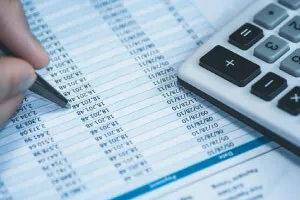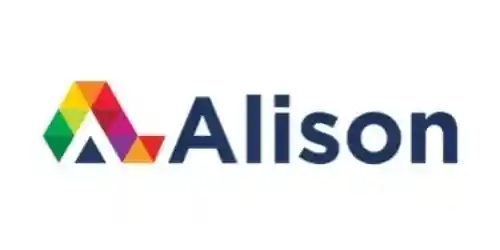
Professional Bookkeeping and Accounting 4 - The Trial Balance and More 
Learn the essential steps to create a trial balance, prepare payroll journals, and understand control accounts with this Professional Bookkeeping and Accounting 4 course. Enroll now and master the skills needed to become a successful bookkeeper. ▼
ADVERTISEMENT
Course Feature
![]() Cost:
Cost:
Free
![]() Provider:
Provider:
Alison
![]() Certificate:
Certificate:
No Information
![]() Language:
Language:
English
Course Overview
❗The content presented here is sourced directly from Alison platform. For comprehensive course details, including enrollment information, simply click on the 'Go to class' link on our website.
Updated in [June 30th, 2023]
This Professional Bookkeeping and Accounting 4 course provides an overview of the accounting steps needed to create a trial balance from daily transactions. Learners will gain an understanding of the need for journals and how to produce and prepare the journals day books to record both incoming and outgoing monies. The course will also cover the preparation of the payroll, including calculating gross pay and net pay, and the need for employers to deduct payroll journals. Control accounts and their function will be introduced, as well as the preparation of the Trial Balance, which brings together a summary of all the transactions for a given period. Finally, learners will learn the steps to take if the debits and credits do not balance. Upon completion of this course, learners will have improved their bookkeeping and accounting skills and knowledge.
[Applications]
Upon completion of this course, students should be able to apply their knowledge of bookkeeping and accounting to create a trial balance from daily transactions, prepare payroll journals, use control accounts, and prepare a trial balance. Additionally, students should be able to identify and address any discrepancies in the trial balance.
[Career Paths]
One job position path that is recommended to learners of this course is a Bookkeeper. Bookkeepers are responsible for maintaining accurate financial records for businesses and organizations. They are responsible for recording and tracking all financial transactions, including purchases, sales, receipts, and payments. They also prepare financial reports, reconcile bank statements, and manage accounts payable and receivable.
The development trend for bookkeepers is towards increased automation and digitalization. Bookkeepers are increasingly using software and cloud-based solutions to streamline their processes and reduce manual data entry. They are also becoming more involved in financial analysis and decision-making, as businesses rely more heavily on their financial data. As businesses become more complex, bookkeepers are also expected to have a greater understanding of accounting principles and financial regulations.
[Education Paths]
The recommended educational path for learners of this course is to pursue a degree in Accounting. This degree typically consists of courses in financial accounting, managerial accounting, auditing, taxation, and business law. Students will learn how to analyze financial statements, prepare financial reports, and use accounting software. They will also gain an understanding of the legal and ethical aspects of accounting. Additionally, they will develop the skills necessary to interpret financial data and make informed decisions.
The development trend of accounting degrees is to focus on the use of technology in the field. This includes the use of artificial intelligence, machine learning, and data analytics to analyze financial data. Additionally, courses are being developed to teach students how to use cloud-based accounting software and how to use data to make decisions. As the field of accounting continues to evolve, the educational path for learners will need to keep up with the changing trends.
Course Syllabus
Introduction to this course
Find out more and download the workbooksJournals
By the end of this lesson you will be able to explain the use of a journalPayroll and related taxes
Payroll is a perfect example of transactions that need to be entered to a general ledger with a journal. In this module, you will learn how to account for payrollControl Accounts
Learn about control accounts, their purpose and how to use themTrial Balance
Learn what a trial balance is and how to create and troubleshoot it.Course assessment
Course Provider

Provider Alison's Stats at AZClass
Discussion and Reviews
0.0 (Based on 0 reviews)
Explore Similar Online Courses

3 Minute German - Free taster course Lessons for beginners

Salary Negotiation: Learn the Negotiation Mindset

Python for Informatics: Exploring Information

Social Network Analysis

Introduction to Systematic Review and Meta-Analysis

The Analytics Edge

DCO042 - Python For Informatics

Causal Diagrams: Draw Your Assumptions Before Your Conclusions

Whole genome sequencing of bacterial genomes - tools and applications

Goods and Service Tax in India : A Brief Introduction

The Basics of Business Accounting


Start your review of Professional Bookkeeping and Accounting 4 - The Trial Balance and More